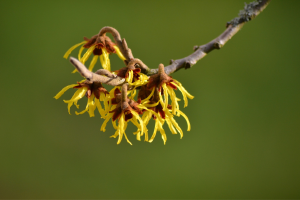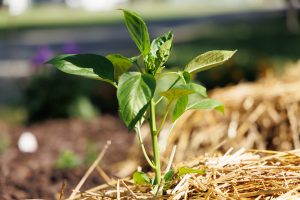It happens to everyone. You saved that last piece of Parmesan chicken with the best intentions of eating it later. A week passes and you wonder whatever happened to it. You clean the fridge to find that it has turned into a container of mold… Has this happened to you?
It’s estimated that, on average, a household in the United States wastes about 22% of its purchased food every year.
How can we help reduce food waste in our everyday lives?
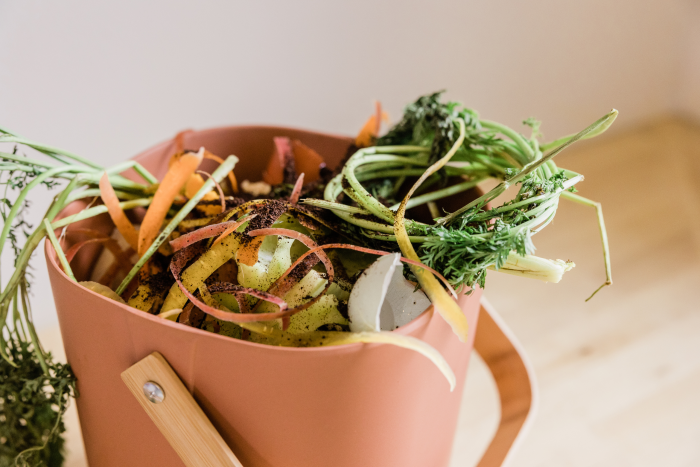
Reduce food waste
Evaluate your food storage
This is so important when it comes to reducing food waste. If you’re using plastic containers, plastic bags, or containers that don’t seal properly, you’re doing more harm than good to your food and your health.
Containers that don’t seal properly can cause food to go rancid in the fridge or on the counter.
Using glass, stainless steel, stoneware, and beeswax wraps can help keep your food fresh and your leftovers safe for consumption.
Also Read: The Best Types of Non-Toxic Food Storage Containers
Freeze what you can
Freezing food extends shelf life and preserves the freshness of meats, vegetables, fruits, soups, etc.
Asparagus can be frozen for 8 – 10 months. Blanch for 2-4 mins, spread on a tray, and place tray in freezer. When frozen transfer to bags and freeze.
Bell Peppers can be frozen for 8 months. Cut into pieces, blanch for 2 mins, then transfer to bags.
Broccoli, cauliflower, and celery can be frozen for 6 – 8 months. Chop, blanch for 3 mins, then transfer to bags.
Eggplant can be frozen for 8 months. Cut into pieces, blanch for 2 mins, transfer to bags, and freeze OR saute in olive oil, cool to room temperature place in bags, and freeze. We love using eggplant in pasta sauce!
Green Beans can be frozen for 6 – 8 months. Chop, blanch for 3 mins, transfer to bags.
Leafy greens such as kale, spinach, and chard can be frozen for 8 months. Remove stems, blanch for 2-4 mins, squeeze out excess water, chop, and portion into bags.
Onion can be frozen for 3 – 6 months. Chop and double bag to prevent odor.
Tender leaf herbs such as basil, chives, cilantro, dill, mint, and parsley can be frozen for 1 year. Blanch for a few seconds, and dry with a towel portion into vacuum bags.
Tomatoes can be frozen for 3 – 4 months. Cut out the stem, portion it into bags or containers, and freeze.
Zucchini & squash can be frozen for 8 months. Chop and blanch for 3 mins, portion into bags, and freeze or, roast, blend, or cube and place into freezer-safe containers.
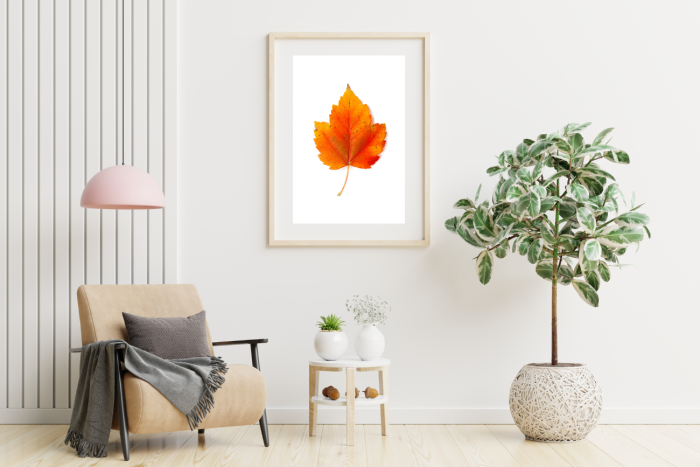
Inspired by our love of nature and Botanical Illustrations, we’ve created works of art that bring our passion for plants and photography together.
Eat leftovers
Instead of throwing away leftovers, take them for lunch at work or school, or save them for an evening when you need a quick bite!
If you’re not going to get to your leftovers for a few days throw them into the freezer to keep them fresh.
Stay organized
Ok, this one is important because if you’re like me you’ll buy something, put it in the pantry, and after a bit wonder what happened to it and buy it again… Embarrassing I know, but it’s happened.
Keeping an inventory of what’s in the fridge or pantry can drastically cut down on food waste.
Putting the freshest food toward the back of the fridge, freezer, and pantry will keep the food that needs to be eaten first in sight.
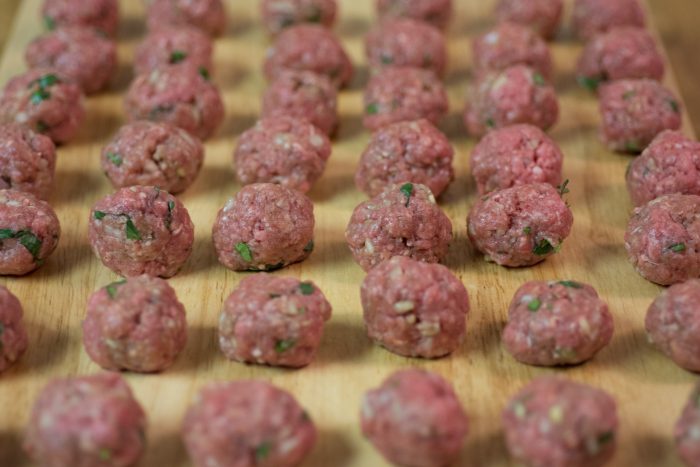
Store fruits and veggies properly
Certain fruits and veggies need to be refrigerated and some don’t.
We always have veggies in bulk so knowing where and how to store them has been a huge help in keeping them fresh.
Refrigerate
Fruit
Apples, currants, berries, figs, cherries, grapes
Vegetables
Asparagus, cabbage, carrots, broccoli, brussels sprouts, corn on the cob
Room Temperature
Fruit
Lemons, limes, oranges, watermelon, grapefruit, bananas, apples
Vegetables
Potatoes, tomatoes, cucumber, squash, eggplant, basil, onion, garlic, sweet potatoes, green beans
Compost
Composting keeps food waste from going to the landfill, where it would decompose anaerobically, producing methane which causes harm to the environment. When you compost food waste, you’re actively flipping the compost which facilitates aerobic decomposition which reduces methane emissions, so it’s better for the environment and you have the bonus of creating a nutrient-rich soil that you can use in your garden!
Sign up for our free Monthly Journal and receive our free eBook ‘Quick Start Guide to Sustainable Living’ which gives a detailed list of items you can add to your compost.


